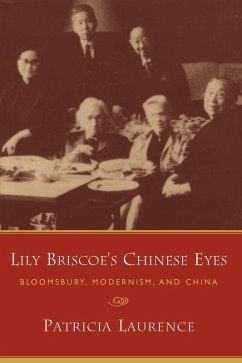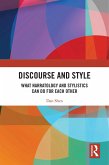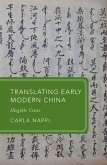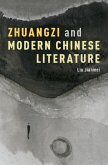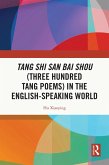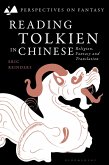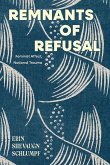A map of the mutual influence of Bloomsbury, the Crescent Moon Society, and modernism in English and Chinese culture
Lily Briscoe's Chinese Eyes traces the romance of Julian Bell, nephew of Virginia Woolf, and Ling Shuhua, a writer and painter Bell met while teaching at Wuhan University in China in 1935. Relying on a wide selection of previously unpublished writings, Patricia Laurence places Ling, often referred to as the Chinese Katherine Mansfield, squarely in the Bloomsbury constellation. In doing so, she counters East-West polarities and suggests forms of understanding to inaugurate a new kind of cultural criticism and literary description.
Laurence expands her examination of Bell and Ling's relationship into a study of parallel literary communities-Bloomsbury in England and the Crescent Moon group in China. Underscoring their reciprocal influences in the early part of the twentieth century, Laurence presents conversations among well-known British and Chinese writers, artists, and historians, including Virginia Woolf, Vanessa Bell, G. L. Dickinson, Xu Zhimo, E. M. Forster, and Xiao Qian. In addition, Laurence's study includes rarely seen photographs of Julian Bell, Ling, and their associates as well as a reproduction of Ling's scroll commemorating moments in the exchange between Bloomsbury and the Crescent Moon group.
While many critics agree that modernism is a movement that crosses national boundaries, literary studies rarely reflect such a view. In this volume Laurence links unpublished letters and documents, cultural artifacts, art, literature, and people in ways that provide illumination from a comparative cultural and aesthetic perspective. In so doing she addresses the geographical and critical imbalances-and thus the architecture of modernist, postcolonial, Bloomsbury, and Asian studies-by placing China in an aesthetic matrix of a developing international modernism.
Lily Briscoe's Chinese Eyes traces the romance of Julian Bell, nephew of Virginia Woolf, and Ling Shuhua, a writer and painter Bell met while teaching at Wuhan University in China in 1935. Relying on a wide selection of previously unpublished writings, Patricia Laurence places Ling, often referred to as the Chinese Katherine Mansfield, squarely in the Bloomsbury constellation. In doing so, she counters East-West polarities and suggests forms of understanding to inaugurate a new kind of cultural criticism and literary description.
Laurence expands her examination of Bell and Ling's relationship into a study of parallel literary communities-Bloomsbury in England and the Crescent Moon group in China. Underscoring their reciprocal influences in the early part of the twentieth century, Laurence presents conversations among well-known British and Chinese writers, artists, and historians, including Virginia Woolf, Vanessa Bell, G. L. Dickinson, Xu Zhimo, E. M. Forster, and Xiao Qian. In addition, Laurence's study includes rarely seen photographs of Julian Bell, Ling, and their associates as well as a reproduction of Ling's scroll commemorating moments in the exchange between Bloomsbury and the Crescent Moon group.
While many critics agree that modernism is a movement that crosses national boundaries, literary studies rarely reflect such a view. In this volume Laurence links unpublished letters and documents, cultural artifacts, art, literature, and people in ways that provide illumination from a comparative cultural and aesthetic perspective. In so doing she addresses the geographical and critical imbalances-and thus the architecture of modernist, postcolonial, Bloomsbury, and Asian studies-by placing China in an aesthetic matrix of a developing international modernism.
Dieser Download kann aus rechtlichen Gründen nur mit Rechnungsadresse in A, D ausgeliefert werden.

